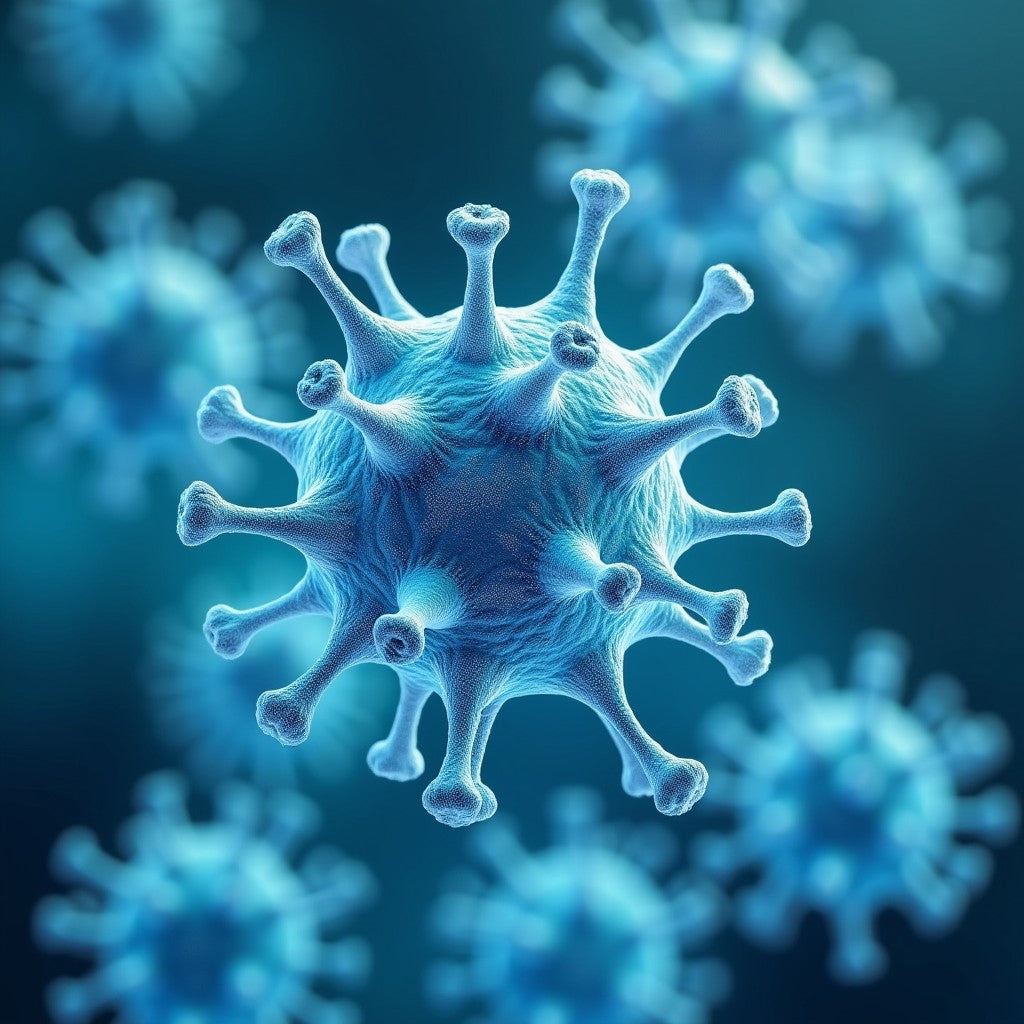
Medical (Clinical) Microbiology: The Battle Against Invisible Invaders
Share
Imagine a world where tiny, invisible creatures wreak havoc on our bodies and the only thing standing between us and a full-blown catastrophe is a group of dedicated scientists. These aren’t typical superheroes, but their work is nothing short of heroic. Welcome to the fascinating world of medical microbiology.
The Role of Medical Microbiologists
So, who are these unsung heroes? Medical microbiologists are the detectives of the microbial world. They identify and track down the pathogens causing diseases—whether bacteria, viruses, fungi, or parasites. They aim to understand how these microscopic invaders operate and develop vaccines, antibiotics, and treatments to keep us safe.
Think of them as the real-life Ghostbusters, but instead of chasing down ghosts, they’re hunting microscopic culprits. They use tools like advanced microscopes, petri dishes, and a whole lot of scientific know-how.
Meet the Experts
One standout in this field is Louis Pasteur, the researcher who’s often referred to as the “Father of Medical Microbiology.” Pasteur’s contributions to our understanding of pasteurization and vaccination have saved countless lives around the world. His dedication to understanding diseases at their core, and developing effective treatments, makes him a legend in the field of medical microbiology.
What Does It Take to Become a Medical or Clinical Microbiologist?
Bachelor's Degree: Earn a degree in microbiology, biology, or a related field. This usually takes about four years. A bachelor’s degree is a great starting point, but you’ll probably need to pursue further education to specialize in this area of microbiology. Also, many certification programs require an advanced degree.
Graduate Studies: Pursue a master’s degree or a doctoral (Ph.D.) degree in microbiology or a closely related field. A master’s degree typically takes two years, while a Ph.D. can take four to six years.
Practical Experience: Gain hands-on experience through internships, lab work, or research projects during your studies.
Certification and Licensure: You may need to get certified to work as a medical or clinical microbiologist. For example, in the U.S., the American Board of Medical Microbiology (ABMM) offers certification.
Postdoctoral Training: Some positions may require additional training or residency programs after completing your Ph.D.
This path prepares you to work in laboratories, hospitals, and research institutions where you’ll study microorganisms to diagnose and treat diseases.
Why Choose Medical Microbiology?
Here’s the thing: medical microbiology isn’t just about wearing lab coats and looking through microscopes. It’s about making a real difference in the world. Imagine being part of the team that develops a vaccine for a deadly virus or finding a new antibiotic that can save millions of lives. The thrill of discovery, the challenge of solving medical mysteries, and the satisfaction of helping others make this field incredibly rewarding.
And let’s not forget that the world will always need medical microbiologists. As long as there are diseases, there will be a need for experts who understand them and can find ways to combat them. It’s a career that combines science with a mission to improve human health, offering both excitement and purpose.
So, if you're passionate about science and have a desire to make the world a healthier place, consider a career in medical microbiology. It’s a path that promises not just a job but a purpose-driven life. You’ll be stepping into a role that’s vital for our future, and who knows, you might just be the next Louis Pasteur.
Embrace the challenge, take the journey, and join the ranks of the everyday heroes battling invisible invaders. The world needs you.
Additional Information:
Frank, K.M. “Microbiology in Clinical Pathology.” Pathobiology of Human Disease, 2014, 3237-3268. https://doi.org/10.1016/B978-0-12-386456-7.06304-8.
ASM.org. “Careers in Clinical & Public Health Microbiology.” American Society for Microbiology, https://asm.org/careers-in-clinical-public-health-microbiology. Accessed 11 Nov. 2024.
